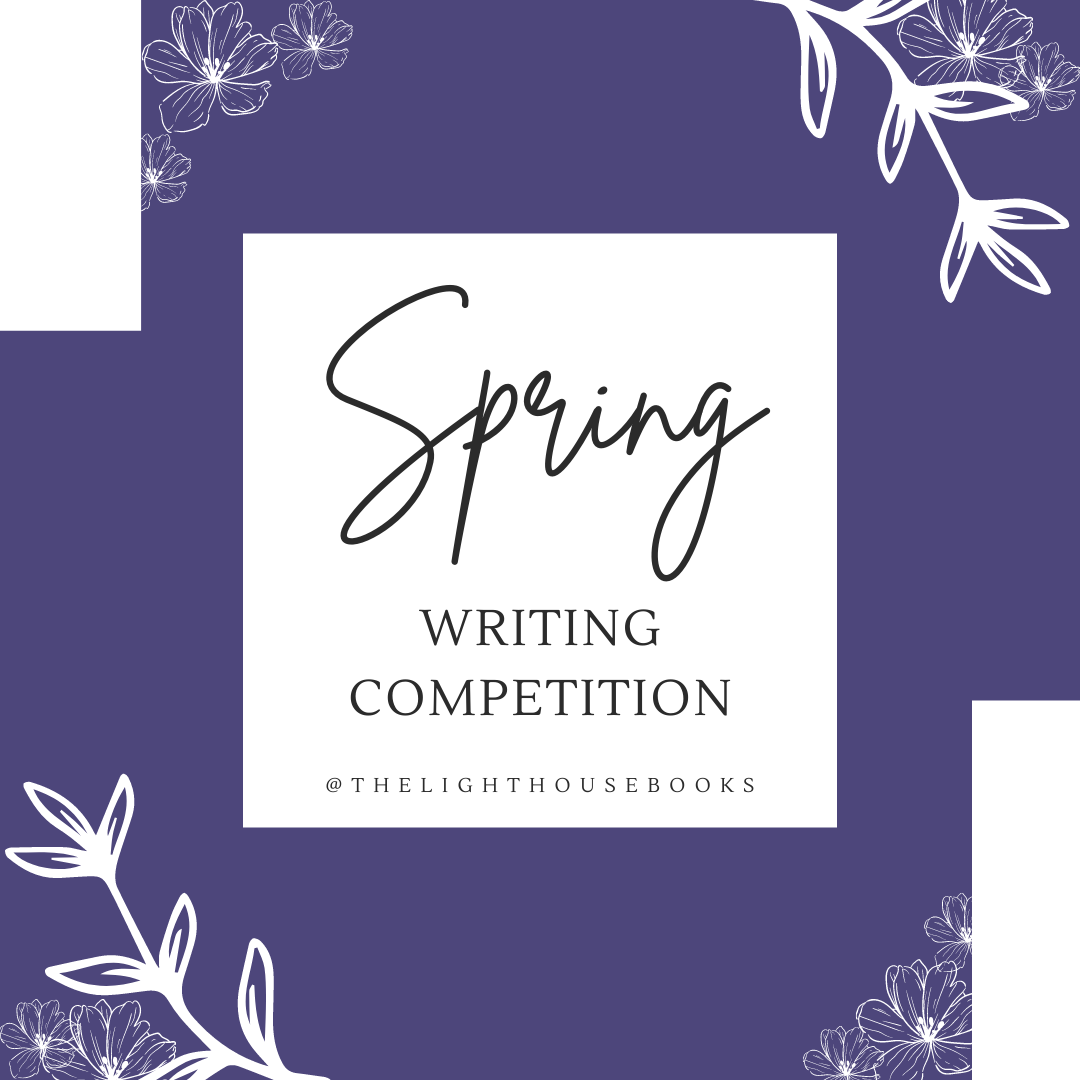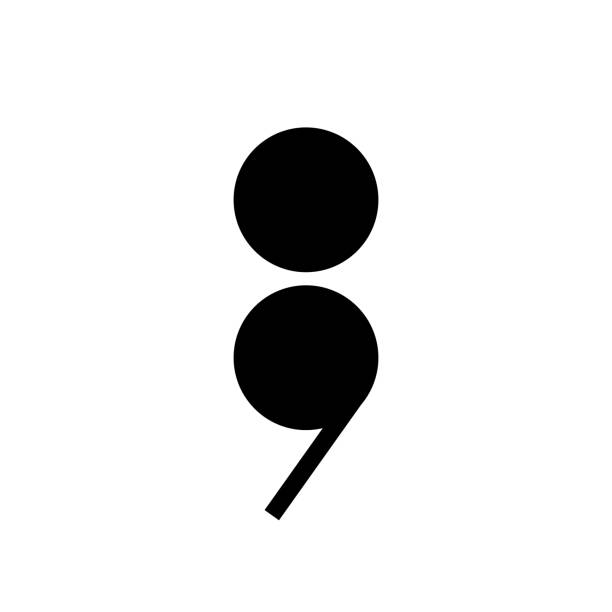A Quick Review of Constructing Complex Sentences
An essential part of composing a manuscript is sentence structure variety. Paying attention to this element will result in writing that is both interesting and engaging for your reader. This blog serves as a quick review of constructing complex sentences using a variety of punctuation marks.
Period
Periods indicate a full stop to a sentence. They are most used in declarative sentences, which are complete sentences that make a statement and pass on information.
Comma and Coordinating Conjunction
Next, while a period indicates a full stop, a comma indicates a slight pause.
When combining two full independent clauses (each with a noun and verb) using one of the set number of coordinating conjunctions, a comma is necessary to produce a proper complex sentence.
The coordinating conjunctions are a set number of seven. Using the acronym FANBOYS is a good way to remember these conjunctions.
For (when used to mean “because” or “since”)
And
Nor
But
Or
Yet
So
To use any of the above coordinating conjunctions to make a complex sentence, use this formula:
First full sentence + comma +coordinating conjunction + second full sentence.
Example:
I told her to leave, for I was very tired.
Semicolon:
Further, the semicolon indicates a pause that is greater than a comma, but not as great as a period. It is a sort of a “super-comma.” It is the right punctuation choice for when intending to indicate a close connection between two sentences with a pause.
To construct a sentence with a semicolon, use this formula:
Full sentence+ Semicolon+ Full sentence that is closely related to the first full sentence
Colon:
A colon may be thought of as a punctuation mark that indicates something is coming. A full sentence must precede a colon. What follows the colon illustrates or expands that which is presented by the full sentence. Use this formula:
Full sentence + colon + something that illustrates, clarifies, amplifies the full sentence.
Example:
I am active in two sports: softball and swimming.
Let us know in the comments below how this blog helped you brush up on your knowledge of constructing complex sentences!





Leave a comment: